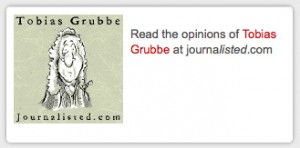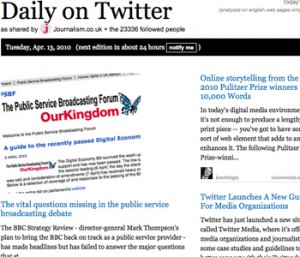There was a central conflict at last night’s Frontline Club debate addressing English libel and privacy law and super-injunctions.
How do you relax legal mechanisms, while preventing tabloids and privacy-intruding publications reaping the benefits?
Echoing comments made by Mr Justice Eady in a talk at City University London last month, Carter-Ruck senior partner Nigel Tait claimed that super-injunctions were mainly used in celebrity privacy cases, to protect medical records and former lovers’ revelations, for example.
Carter-Ruck, he said, had issued about 12 injunctions in the past year (shockingly, no central record of the number issued exists).
To let up on these would be an invitation to the tabloids, seemed to be the implication.
David Leigh, head of investigations at the Guardian, finally put his finger on it: there is a problem in his own trade, he said, exemplified by the tabloid treatment of the McCanns.
“Unless we put the newspaper houses in order, it’s very difficult to move the debate about libel reform further forward,” he said.
“We’ve got to reform the newspapers.”
As he’s indicated in the past, Leigh believes self regulatory body the Press Complaints Commission to be “a fraud”.
A television producer in the audience added that he’d like to see a press complaints commission “worthy of its name”.
But science writer Dr Simon Singh, still fighting a legal action pursued by the British Chiropractic Association, doesn’t think this conflict needs to be a huge problem.
In fact, making libel law costs cheaper, he said, will allow more people to sue – forcing tabloids to think twice about the things they write about non-celebrities.
I spoke to Simon Singh afterwards. He said:
“All of the changes we’re talking about do not affect an individual’s right to protect their reputation.”
“Nobody would want to encourage salacious gossip or tittle-tattle,” Singh said. Their reforms address statutory public interest, libel tourism and preventing big companies suing bloggers and individuals.
“If you drive down costs massively, what that means is that not only can celebrities sue to protect their reputation but that the ordinary man and woman in the street can sue to protect their reputations.
“We’re talking about extending justice and fairness to people, rather than making it an exclusive game for the rich and powerful.”
“At the moment a tabloid could defame an individual and perhaps take a risk that person wouldn’t be able to afford to fight back. If you drive down the costs massively, tabloids would actually have to think twice.”

